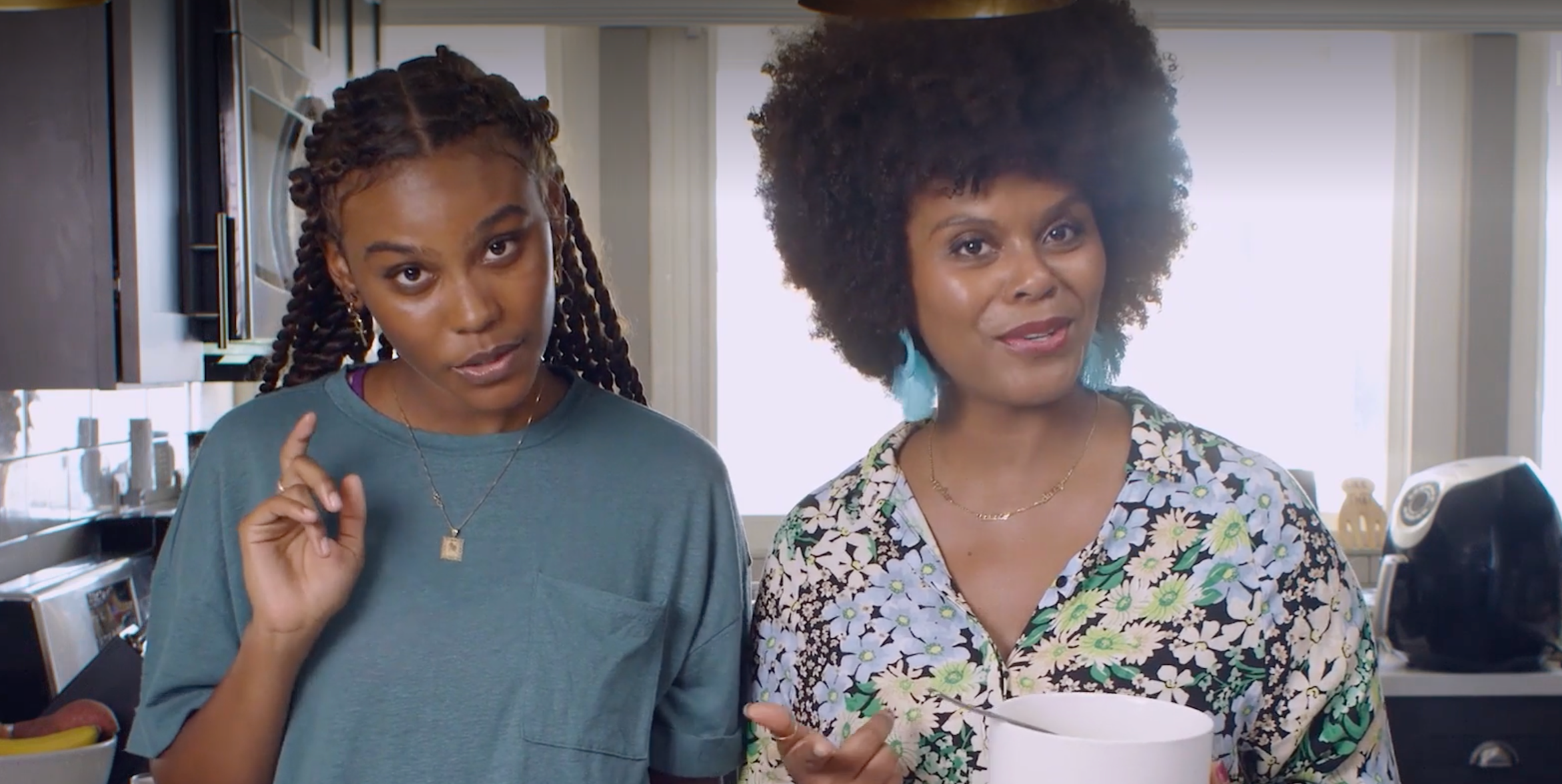September 03, 2019 at 05:58PM by CWC
For healthy eaters, a trip to the farmers’ market during the summer is like walking through a nutritious wonderland. Crisp cucumbers, juicy tomatoes, strawberries glistening like rubies—there’s a colorful bounty to discover at every turn. But the crisper in your refrigerator is a notorious graveyard for summer produce, serving as an unpleasant memory for all the beet salads, peach pies, and baked eggplant you really did have every intention of making.
An avocado doesn’t come with an expiration date, but it would be helpful to know when exactly produce goes bad. That way, you can plan your cooking accordingly, reaching into the crisper before the fruit or vegetable you’re craving has turned to mush. That’s where Registered dietitian Dawn Jackson Blatner, RDN, posted a handy little chart that explains how to know when popular summer fruits and veggies have gone bad—and when you still have time to use ’em.
Avocados, for example, are still good when they’re mushy, Jackson Blatner points out. But if they’re black, it’s time for the compost bin. When it comes to greens, they’re still fair game if they’re droopy, but if they’re wet or slimy, toss it. Same goes for cucumbers: if they’re soft, it’s okay, but if it’s wet and squishy, it’s not good anymore.
ADVERTISEMENT
ADVERTISEMENTKate Spade Autumn/Winter Sale |
View this post on Instagram
Jackson Blatner has one easy tip for using produce before it goes bad: “Keep it at eye-level in the fridge to remind [you] it’s there,” she says. Throwing something in the crisper can result in an “out of sight, out of mind” mentality. But if you see your farmers’ market gems font and center every time you open the fridge, you’re more likely to incorporate them into meal time.
Not only is this a win on the sustainability front, but it means you’re much more likely to get to feast on some homemade peach pie.
Another way to reduce food waste is by cooking with scraps. And here’s how to tell if your leftovers have gone bad.
Author Emily Laurence | Well and Good
Selected by CWC
ADVERTISEMENT
ADVERTISEMENTUp to 30% off Gift Sets |







